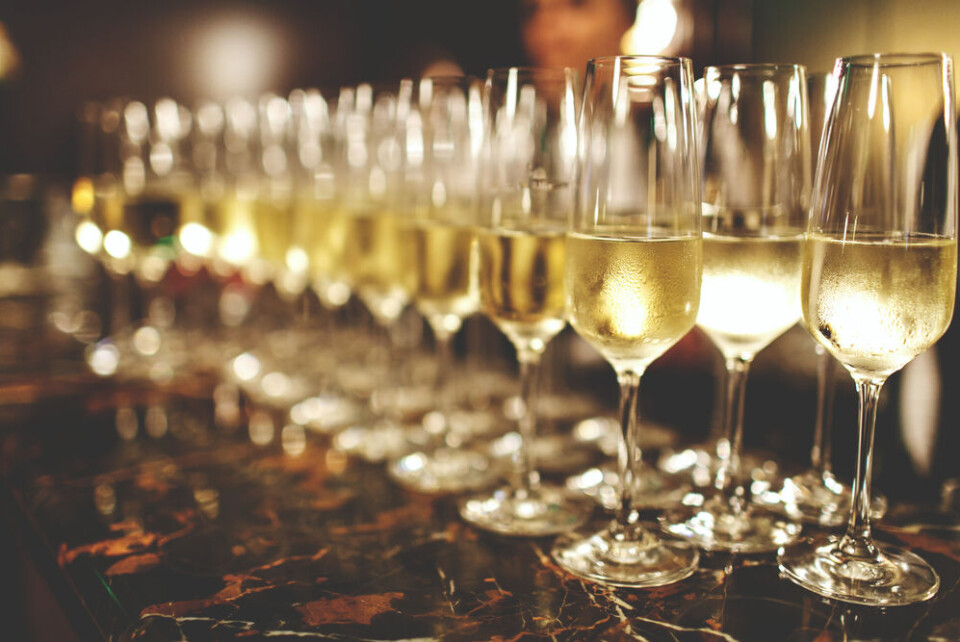-
French recipe: duck Parmentier
Chef Matthew Ryle's mouth-watering French classic elevates shepherd’s pie with confit duck legs, perfect for warming up in cold weather
-
American diner and British café offer a taste of home in France
From big cities to tiny villages eateries are challenging preconceived ideas of Anglo-American cuisine
-
La Chandeleur: French ‘Pancake Day’ is on February 2
When, why and how France celebrates this centuries-old Christian Candlemas crêpe tradition
Only Russian fizz can carry Champagne name, says Putin
New law means French winemakers must use the term ‘sparkling wine’ on products sold in Russia

Russian President Vladimir Putin has signed a law saying only Russian winegrowers could sell wine labelled “Champagne” in Russia, and French champagne will be classified as “sparkling wine.”
The direct challenge to the French champagne industry comes as a deadline approaches following a legal battle in 2010. It was ruled then that Russian crémants (sparking wines made using champagne methods) which had used the word ‘Champagne” on their labels since Soviet times, must stop doing so by 2022.
Trade body the Comité Champagne said: “We are working very hard to come up with a response to the Russian situation and will issue a statement soon.”
French luxury goods group LVMH, which sells Dom Pérignon, Ruinart, Moët & Chandon, Veuve Clicquot, Krug and Mercier champagnes, reportedly sent a letter to its Russian distributors saying it will no longer sell champagne in Russia as a result.
Sud Ouest newspaper reported it received a confirmation of a letter suspending LVMH champagne sales in Russia from AST, one of the main wholesalers of wines and spirits in Russia.
It was followed by a communiqué in which AST said the measure was “temporary” until an appropriate solution could be found.
Last year, 245 million bottles of champagne were exported globally, a fall of 16% compared to 2019, with the fall being attributed to the Covid crisis.
Overall sales, including in France, last year were around €4billion, down from €5billion in 2019.
Russia is the 15th largest export market for champagne and in 2020, 1.8million bottles, worth an estimated €35million were exported to the country.
The Comité Champagne is pro-active in the courts to stop anyone using the word champagne to sell sparking wine, if the wine is not from grapes grown in the AOC Champagne designated region.
One of its latest victories came last month, after a 20-year court bottle, prevented winegrowers from the Swiss village of Champagne selling their still wine labelled vin du commune de Champagne.
Charles Goemaere, the managing director of the Comité de Champagne, told Connexion legal action was necessary to protect the livelihoods of the 20,000 growers and other workers who made the famous French sparkling wine.
“We are very proud of our wine and know it is important for people all over the world to know that if they buy a bottle of champagne, they know they are buying a high quality product made following strict rules and procedures.
“If we let anyone just use the name Champagne there is a risk that buyers will be disappointed by poor quality products.”
























